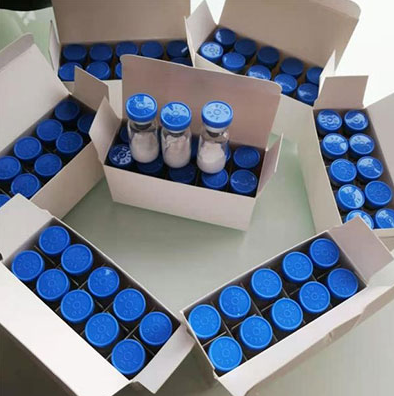
- +86-13363869198
- weimiaohb@126.com

Aug . 13, 2024 00:52 Back to list
The Potential Benefits of Curcumin in Treating Liver Cancer and Enhancing Liver Health
The Potential of Curcumin in Liver Cancer Treatment
Liver cancer is one of the most prevalent forms of cancer globally, particularly in regions with high rates of hepatitis infection and liver cirrhosis. Traditional treatments such as surgery, chemotherapy, and radiation frequently come with significant side effects and limited efficacy. Consequently, there is a growing interest in alternative therapies, including the natural compound curcumin, derived from the spice turmeric. This article explores the potential of curcumin as a therapeutic agent for liver cancer.
The Potential of Curcumin in Liver Cancer Treatment
The mechanisms through which curcumin might exert its anti-cancer effects are multifaceted. Studies have shown that curcumin can induce apoptosis, or programmed cell death, in liver cancer cells by activating caspases and disrupting mitochondrial function. Additionally, curcumin has been found to inhibit the proliferation of hepatocellular carcinoma (HCC) cells by interfering with the cell cycle and downregulating key proteins involved in cell survival.
curcumin for liver cancer

Moreover, curcumin's anti-inflammatory properties are particularly relevant in the context of liver cancer. Chronic inflammation, often due to hepatitis infection or alcohol consumption, is a well-established risk factor for the development of liver cancer. Curcumin can suppress the expression of inflammatory cytokines, thereby potentially reducing the inflammatory microenvironment that facilitates cancer progression. This dual action of curcumin—targeting both cancer cells and the surrounding inflammatory pathways—makes it a compelling area of research.
Clinical studies on curcumin's effectiveness in liver cancer, while still in the early stages, have shown promising results. In some trials, curcumin supplementation has been associated with reduced tumor size and improved liver function in patients with advanced liver disease. However, the bioavailability of curcumin is a significant challenge; it is poorly absorbed when taken orally and rapidly metabolized and eliminated from the body. Therefore, researchers are exploring various formulations, such as nanoparticle carriers and combined therapies, to enhance its absorption and efficacy.
Furthermore, the safety profile of curcumin is another advantage over conventional cancer treatments. Curcumin has been found to have low toxicity and is generally well-tolerated, making it an attractive option for patients seeking complementary therapies. However, it is essential to recognize that curcumin should not be considered a standalone treatment but rather a potential adjunct to standard therapy. Patients are advised to consult their healthcare providers before starting any new supplementation, particularly in the context of cancer treatment.
In conclusion, while more research is needed to fully elucidate the role of curcumin in liver cancer treatment, preliminary findings suggest that it holds significant promise. Its ability to target cancer cells, reduce inflammation, and possess a favorable safety profile could make curcumin a valuable addition to traditional cancer therapies. As the scientific community continues to explore natural compounds for cancer treatment, curcumin remains a focal point, and its potential benefits for liver cancer patients warrant further investigation. With ongoing clinical trials and research, there is hope that curcumin may one day play a pivotal role in overcoming the challenges posed by liver cancer.
-
GHRP-2 (158861 67 7) Peptides for Fat & Muscle Gain
NewsAug.06,2025
-
GS-441524 for White Liquid Factories: Boost Efficiency & Purity
NewsAug.04,2025
-
Premium Pharma Intermediates | AI-Optimized Synthesis
NewsAug.03,2025
-
GS-441524 White Liquid Production for Factories | AI-Optimized
NewsAug.02,2025
-
AI-Optimized CAS: 79099-07-3 Factories for High Yield
NewsAug.01,2025
-
Pharmaceutical Intermediates - AI-Optimized Synthesis & Purity
NewsJul.31,2025